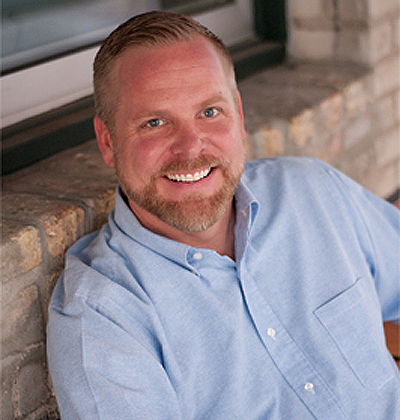While chatting with a friend last week, the topic of New Year’s resolutions came up.
“So, how about those new year’s resolutions?” I asked her. “Umm, well, you know… they never stick,” she replied.
Yep. Pretty much the same response I get from most of my friends.
I recently read a social media post by a young man who explained how New Year’s Eve was the time to “mentally delete” all his bad habits from the previous year. He felt that by erasing his mistakes, he might be freed of them.
While I understood his perspective, I didn’t agree with his philosophy. Bad habits can’t simply be deleted, but they can certainly be replaced.
So, what gives? Why is it so hard to keep our resolutions? Because with resolutions, we focus on actions and not intentions.
Intentions are on a higher plane than actions. Intentions are about changing our core behaviors and the way we view ourselves from a deeper perspective. We can accept our mistakes as lessons and learn to focus forward instead of looking backwards.
A few years ago, I made the decision to stop creating New Year’s resolutions and, instead, set intentions. To me, the word resolution implies the “resolving of problems”—and going back over my last year to clean up problems or forgive myself of mistakes felt heavy and blaming. Setting intentions felt more positive.
For example, instead of making a New Year’s resolution to go to the gym more often, I set an intention to keep my body healthy and strong,including paying attention to what I eat and how often I exercise. This way, I can choose a variety of ways to match that intention—whether it’s going to the gym, taking a long walk, eating new foods, or creating a new healthy habit I haven’t even thought of yet.
Setting intentions gives us higher goals and more choices that can benefit our whole well-being.
If you’d like to set intentions for the New Year, here are a few questions to get you started in your mind, body, and spirit:
Intentions For Your Mind
- What thoughts are you focusing on? How are those thoughts serving you (positive)? Or not serving you (negative)?
- Which thoughts feel better when you think about them? How do your thoughts of well-being affect your emotions?
- Remember: We can choose which thoughts we focus on.
Intentions For Your Body
- Is your health where you’d like it to be? If so, great! How can you maintain this momentum?
- If not, what would you like to change about your health? What’s one thing you can change today?
- Remember: We are what we eat, drink, feel, and think.
Intentions For Your Spirit
- Do you feel a sense of purpose and direction? If not, how might reconnecting with your inner guidance help you find better balance?
- Are your relationships with others joyful and fulfilling? If not, how might ‘softening your stance’ help bring more connections rather than conflicts?
- Remember: Taking a few minutes to be quiet, breathe, and relax in silence each day can make a significant difference in our feelings of purpose and connectedness.
One last suggestion: Think short, attainable goals to support your intentions. For example, in response to my intention to keep my body healthy and strong, I might plan a goal: “Starting on Monday, I will take a short walk during lunch at least three days a week.” Always make it something measurable and possible.
Think of what you’d like to intend for your life during this next year. Start here, start now, and you will have already set yourself up to make it a happy new year.
Michael Thomas Sunnarborg helps people find clarity and balance in work, relationships, and life—especially during transitions. Find out more at michaelcreative.com
Image: 123RF.com
Follow Michael on Twitter: www.twitter.com/MichaelThomas4u

